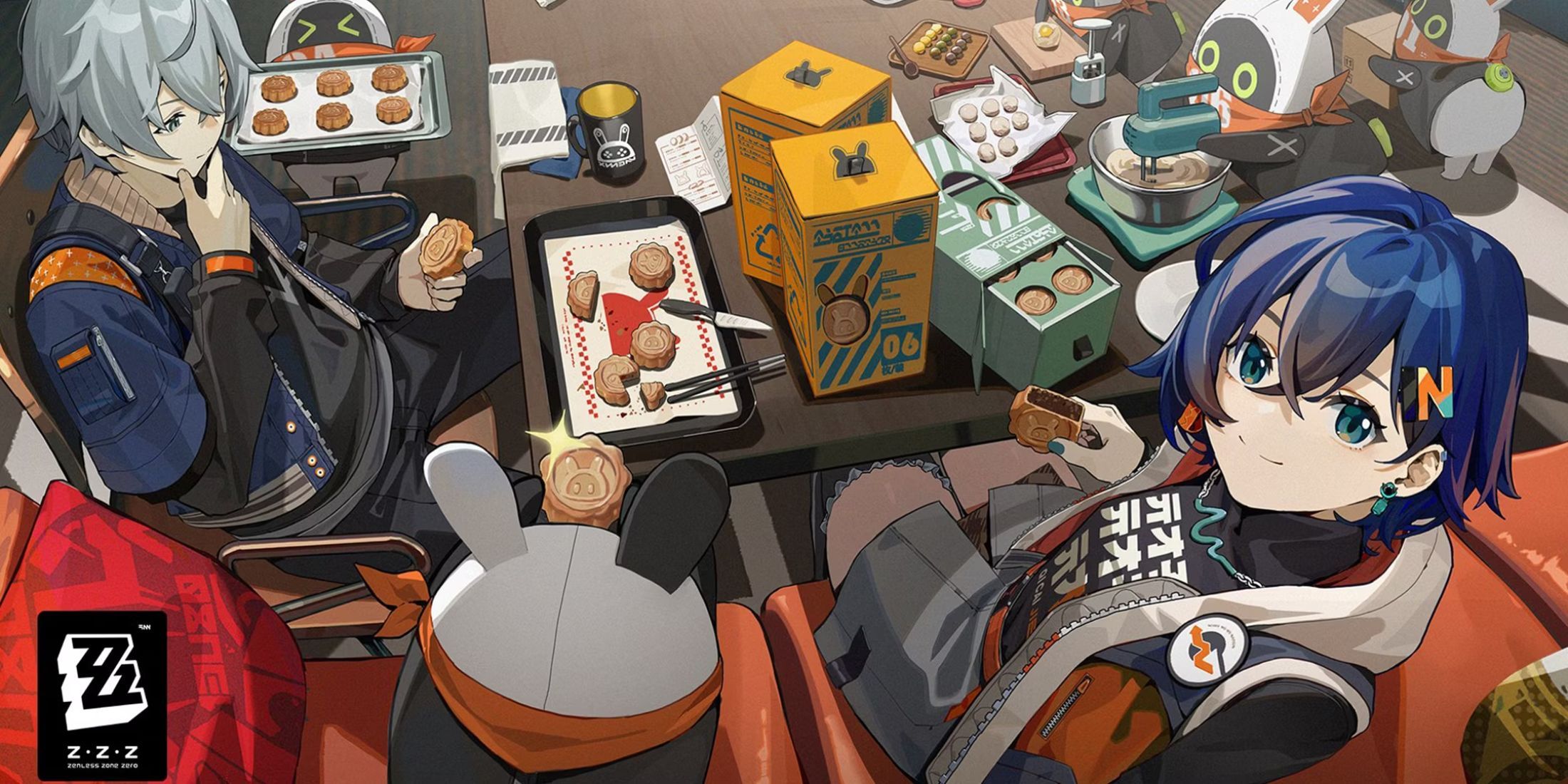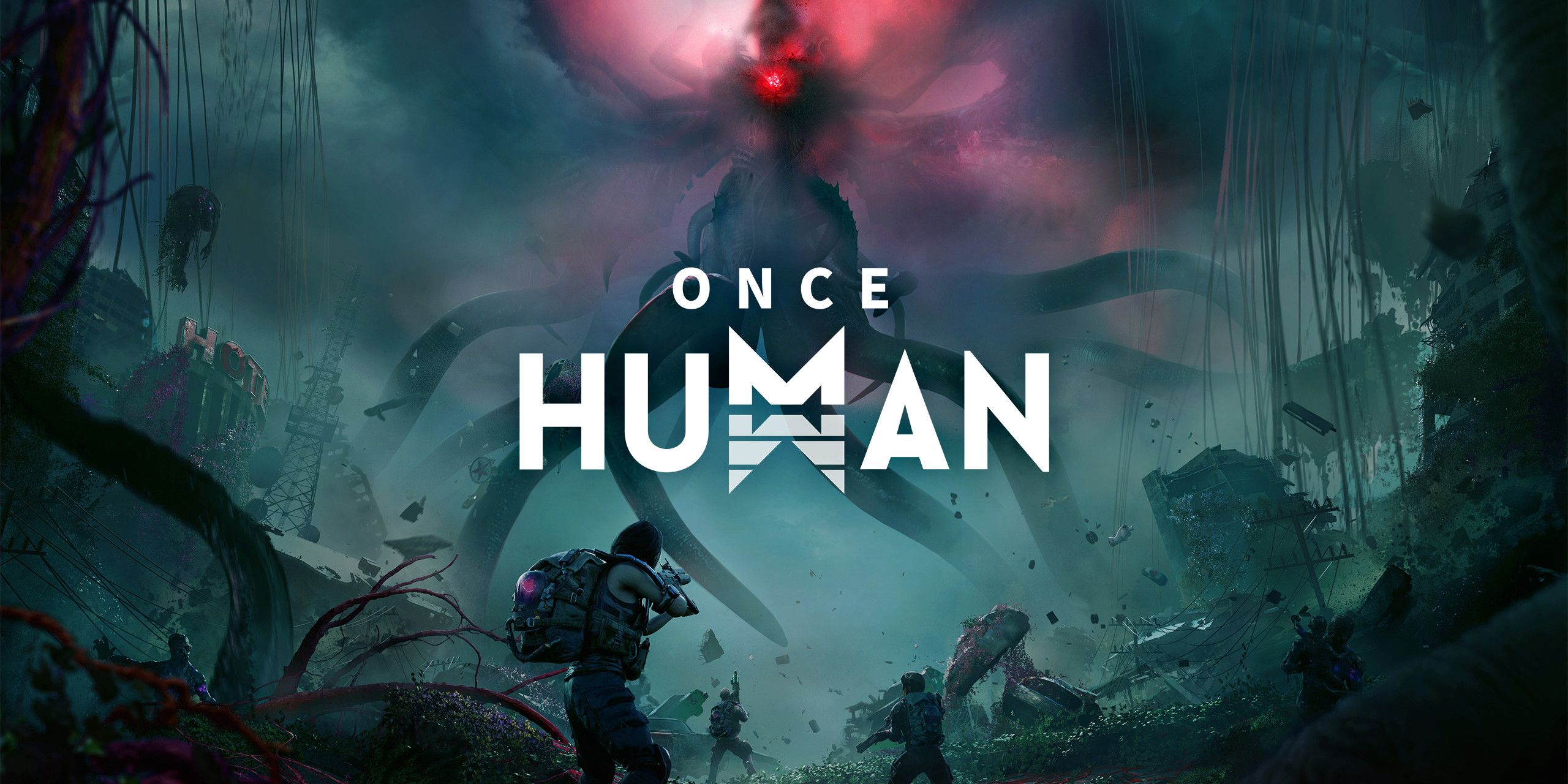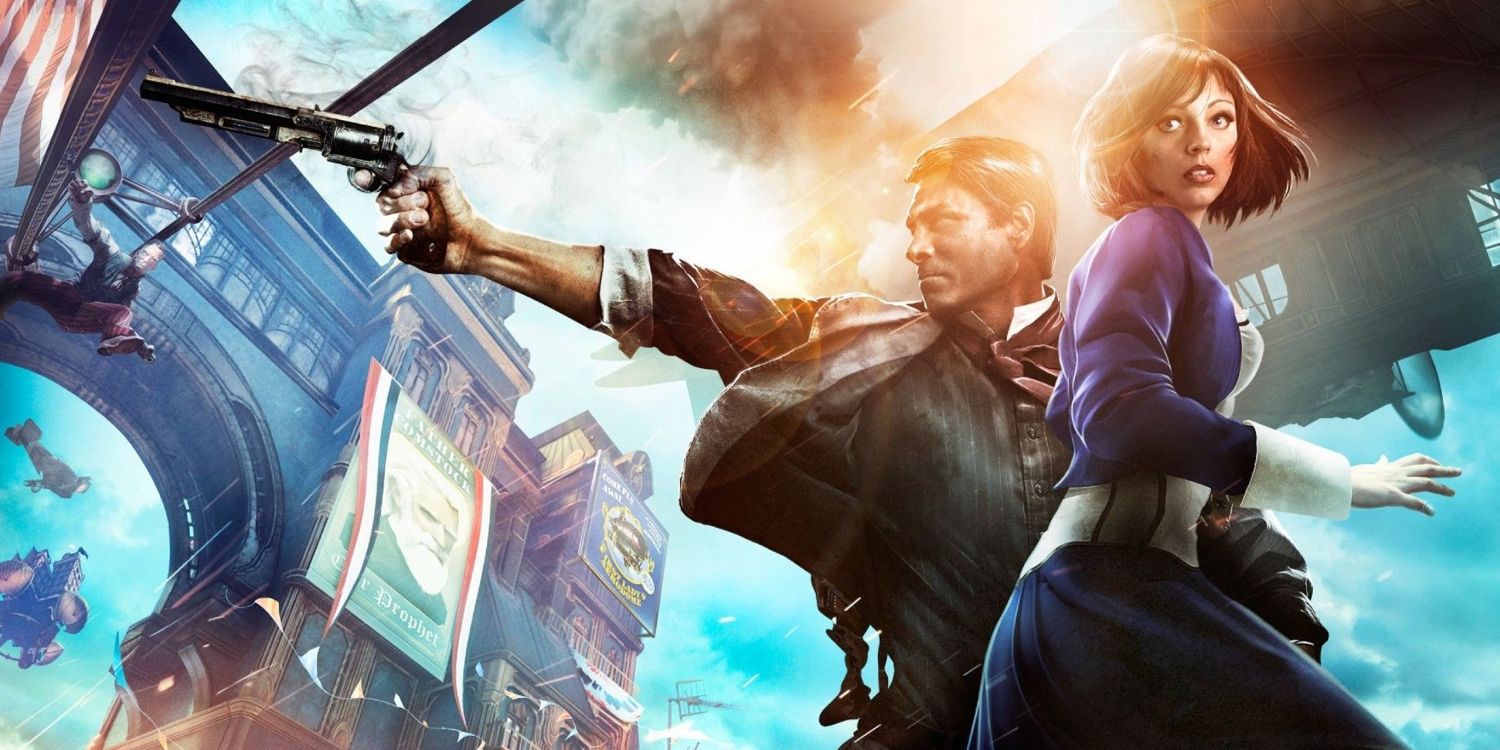God of War Ragnarok maintains the excellent narrative between Kratos and Atreus from its predecessor while improving Atreus' mechanics as both a partner and now-playable character. That should greatly influence BioShock 4. Over a decade later, the highly-praised dynamic between BioShock Infinite's Booker DeWitt and Elizabeth has been overshadowed by Joel and Ellie from The Last of Us, Nier Automata's 9S and 2B, or the greatly improved Ashley in Resident Evil 4 Remake. BioShock Infinite wasn't the first to bond players with an AI partner, but should BioShock 4 include a similar dynamic, its developers could use God of War Ragnorak as a reference to go bigger and better.
There are many reasons why God of War (2018) was a successful reboot, but the core of its success can be attributed to the father-son duo of Kratos and Atreus. The reboot proved an established franchise can shed its skin and try something new so long as it remains true to its characters. BioShock 4 already has a lot to consider for the future, as the franchise is known for its isolated cities, plasmids, vigors, and immersive sim style. However, an improved companion system could add a lot to a universe that is known for its established constants. A good companion could emotionally ground the player in an unfamiliar city, add depth to the world, offer more combat variety, and give fans something to fight for beyond their own survival.
BioShock 4 Could Attempt a New Companionship
Whether to improve upon BioShock Infinite's companionship or stand out against series creator Ken Levine's Judas, BioShock 4 might consider another companion like Elizabeth - who herself could return given Infinite's multiversal plot. Whatever the reason may be, God of War Ragnarok serves an excellent starting point. Narrative dynamic aside, Atreus offered a lot to the general gameplay and combat.
Backtracking across an open world for collectibles and side quests can become tedious, but Atreus serves to disrupt the monotony; every encounter is a potential lesson for Atreus, the boy has no shortage of questions for his father, and there are plenty of stories to share between the two. Atreus can also distract and stun enemies during combat, while a flurry of arrows from his upgradable bow is only a button press away.
Atreus expands on Kratos' arsenal and serves as a vessel for players who are new to Norse mythos, but most of his improvements in God of War Ragnarok are on the narrative side. Atreus has changed a lot since God of War (2018), becoming more independent - if not somewhat impetuous. Following major developments in the previous entry, God of War Ragnarok introduces an older, brazen Atreus as he learns more about himself and his place in Norse mythos. Outside of combat, his brashness and struggle with self-identity neatly ties the narrative to his relationship with Kratos.
When BioShock Infinite came out, it was praised for its complex story and Elizabeth's execution. However, time has not been so kind to the entry, its story often discussed retroactively as convoluted; Elizabeth and Booker's gameplay relationship now argued as shallow. A combination of the complicated development cycle and future games like The Last of Us may have left their mark, but Infinite's influence is undeniable. BioShock Infinite remains a legendary game in its own right, and it serves a good argument for the inclusion of a companion in BioShock 4. If it goes in this direction, the future Elizabeth should take inspiration from the carefully written and ever-helpful Atreus.
BioShock 4 is in development.




